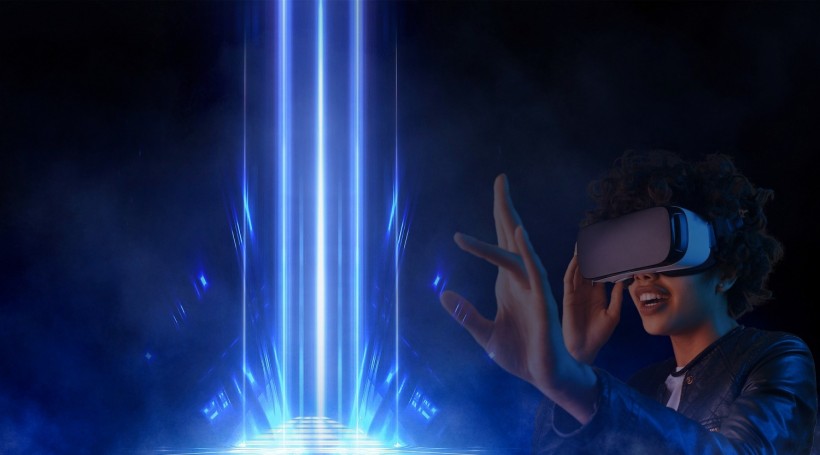
(Photo : Tumisu from Pixabay)
We all know that gaming is a huge industry, with millions of people around the world playing games every day. But what you may not know is that it's having a big impact on the sporting industry as well. Here are five ways how gaming is disrupting the sporting industry.
Esports
Esports has become immensely popular over the last few years, with professional gaming leagues emerging and providing players with the opportunity to compete in virtual games. It has also allowed traditional sports teams to tap into a younger demographic and appeal to them through different types of gaming.
Traditional sports teams now invest money into their esports tournaments and competitions, as well as collaborating with esports organizations and teams to gain a bigger audience. This newfound interest in the world of virtual gaming has opened up new opportunities for gamers, investors, sponsors, and team owners alike - while providing audiences around the world with a fascinating new form of entertainment.
Virtual and Augmented Reality
Virtual and augmented reality technology has added a new layer of excitement to the sports world. Football and baseball fans can witness their favorite teams from a first-person perspective, with virtual reality giving them an immersive view of in-game action.
Augmented reality has also impacted the spectator experience; for example, NBA fans at home can now watch replays of game highlights with AR. Moreover, sports leagues are implementing AR and VR tools to improve the viewing experiences for their live audiences, such as offering 3D replays on big screens inside stadiums or enhancing physical game boards used in fantasy football leagues.
Regardless of where you are in the world, virtual and augmented reality technologies revolutionize how we interact with our beloved sports teams and provide a more engaging way to follow any NBA, NHL, or NFL games.
Gamification
Gamification has become a popular technique for engaging with customers and fans in sports. For example, by introducing gaming elements like loyalty programs and fantasy sports, teams and organizations can create new ways to drive fan engagement, generate customer loyalty, and increase potential revenue streams.
Fans can connect with their favorite teams on a more personal level - through competitions, rewards, unique experiences, and team merchandise - making them feel included while adding value to the overall game experience. Through gamification, sports have seen multiple benefits, from increased ticket sales and higher attendance rates to more opportunities for sponsorships and brand loyalty.
It provides a great way for sports businesses to stay competitive in this ever-changing world by boosting fan interest and creating an unforgettable experience for all!
Fantasy Sports
Fantasy sports are innovative and creative for the sports world to keep fans engaged. By allowing fans to build their teams and compete in virtual leagues, fantasy sports have become a new form of interactive entertainment.
With these formats, not only can fantasy sports bring joy to die-hard and casual fans alike, but they also open up channels of revenue streams that previously weren't available. In other words, fantasy sports provide a win-win situation for everyone involved: by engaging players, both old and new, in beloved sports, each wins something unique.
Training and Analytics
Sports teams are always looking for ways to gain an edge over their competition, and it turns out that video games may be the key. By developing and implementing technological tools such as training simulations, sports teams can improve individual player skills as well as execute better team strategies.
Analytics software further provides coaches with a wealth of data, which they can not only use to evaluate player performance but also to devise plans and objectives. Ultimately gaming technology has revolutionized how sports teams operate by providing them with both practical and tactical information that can be used to constantly boost performance levels and achieve long-term success.
It's safe to say that the relationship between gaming and sport is only going to get stronger in the years to come. With more and more people now playing video games, it was only a matter of time before the two industries started to crossover. And with so many benefits for both athletes and fans alike, it's hard to see how this trend won't continue. Who knows what the future holds for this industry? We can't wait to find out!
* This is a contributed article and this content does not necessarily represent the views of hngn.com








